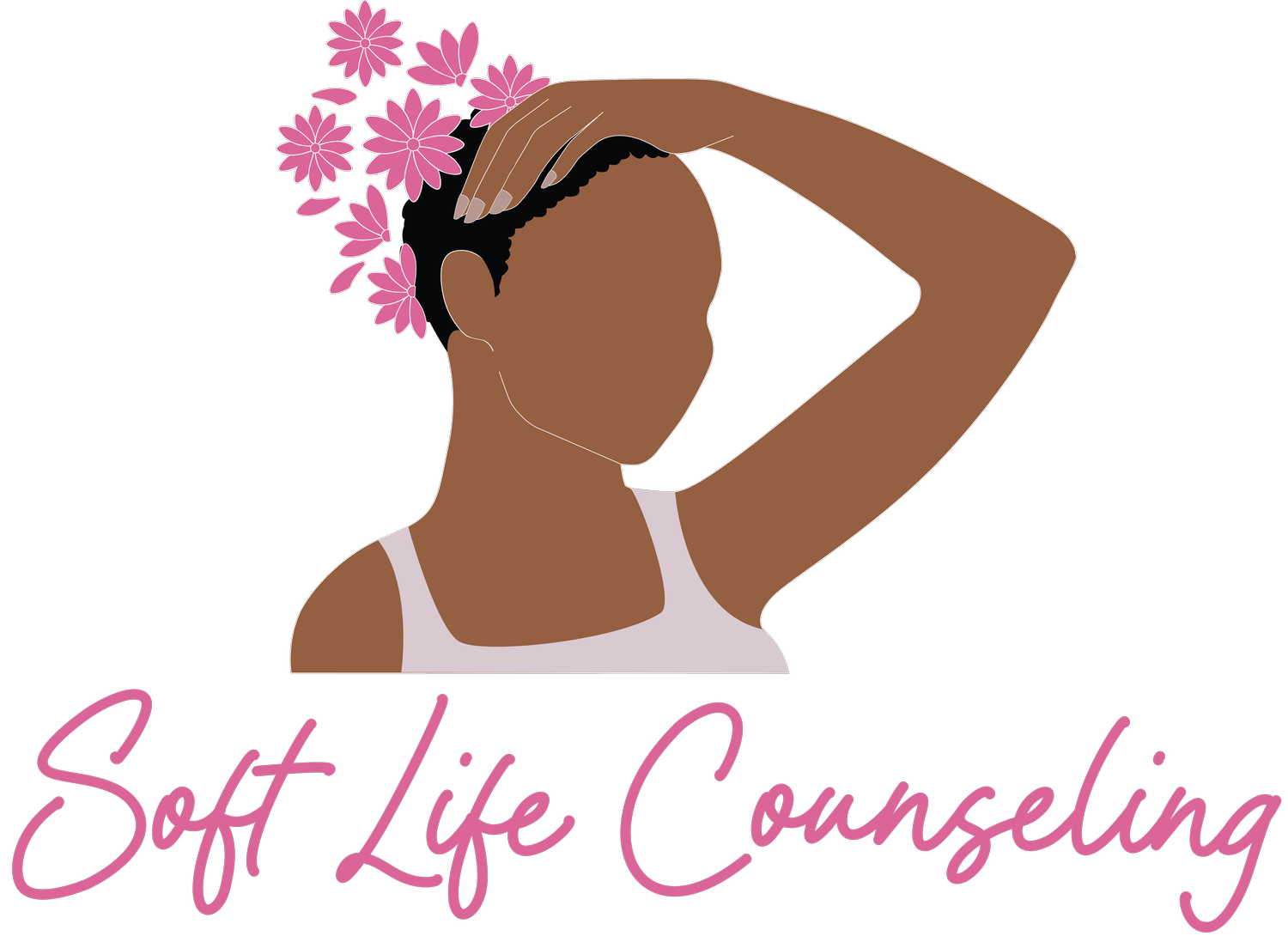The Benefits Of Cognitive Behavioral Therapy
I’ve noticed in the last several years of practice and with the boom of social media therapist influencers, that many clients come to therapy wanting specific types of therapeutic modalities. Many clients will say “I don’t want CBT” specifically. Which has led me to do a deep dive into why this is. From what I’ve researched, CBT often focuses on thinking versus feeling. Clients come to therapy to talk about those feelings, and CBT can often seem dismissive to clients who really want to learn to self-regulate emotions. Second, CBT focuses somewhat on solutions to problems that lead to emotional symptom relief. However, many clients want to understand why they think that way, not just how to counteract maladaptive thinking patterns. CBT sometimes, does not offer a real exploration into the WHY of how our maladaptive behaviors came to be, even though the therapy modality does provide insight on this, called cognitive schemas, but maybe not to the existential way that one may want. Third, with the availability of social media and many therapist influencers who specialize and many different types of therapy, some that I have never heard of before, the client is now more aware of the options that maybe 10 years ago did not know were available to them. For example, to the average non-therapist person, EMDR (Eye Movement Desensitization Reprocessing) therapy was only known through therapists and overall counseling community and clients who have participated in that therapy. Now many more potential clients know about EMDR, its benefits, and seeking it out directly through highly specialized therapist trained in the modality.
I 100% support clients proactively advocating for the therapy modalities that they believe will help them, and I am so happy to see more people becoming educated on the modalities for their own personal use. However, I do have beef with people who hate on CBT just for the simple fact that it’s the most widely used model, and its often the default. But like the old saying goes, “if it ain’t broke, don’t fix it!” There is a reason that CBT is the first line of defense when it comes to therapy in general and because it’s been proven time and time again successful for a variety of conditions such as: depression, anxiety, substance use, OCD, eating disorders, stress, burnout, and trauma. According to the National Institute of Health it states that there is an efficacy rate of 50-75% of symptom improvement when CBT modality is implemented (Hofmann et al., 2012).
What The Benefits of CBT?
Able to help you understand and manage your thoughts
Helps build practical coping skills that can be used every day
Allows you to see measurable progress and can contribute to goal achievement and accountability
Learning to better manage your thoughts and emotions can allow for a sense of empowerment
Can help reduce symptoms without medication
Last Thoughts:
I believe that social media has allowed for potential clients to develop more complex knowledge about what they need out of counseling. I believe that an empowered client is a motivated client and speaks to the ability to be motivated to see improvements in their mental health. I also believe that therapist should be patient-centered, meaning collaboratively working with the client to determine what is the best course of treatment. That’s why a treatment plan with a therapist is important so that therapist and client are on the same page as far as modalities and interventions used for treatment.
Hofmann, S. G., Asnaani, A., Vonk, I. J., Sawyer, A. T., & Fang, A. (2012). The Efficacy of Cognitive Behavioral Therapy: A Review of Meta-analyses. Cognitive therapy and research, 36(5), 427–440. https://doi.org/10.1007/s10608-012-9476-1


